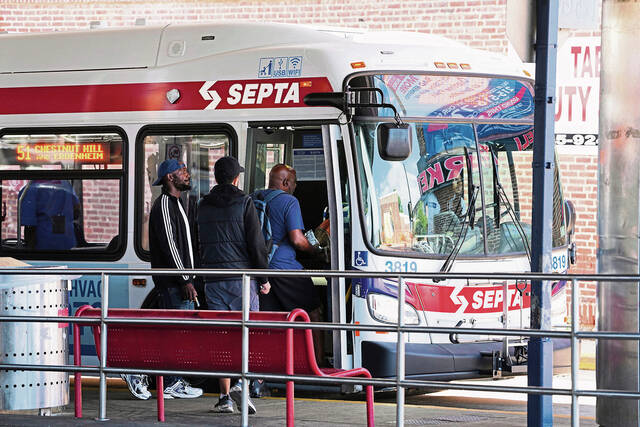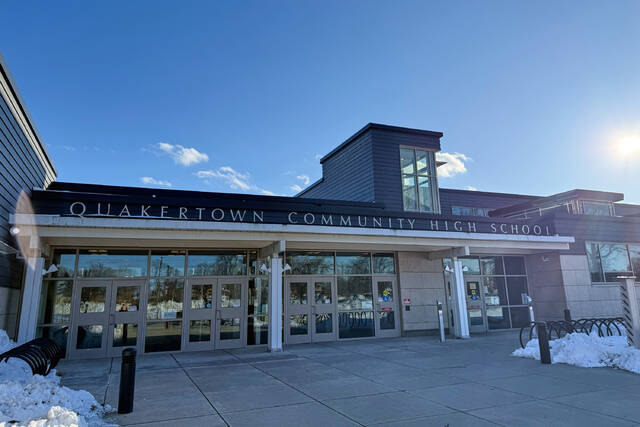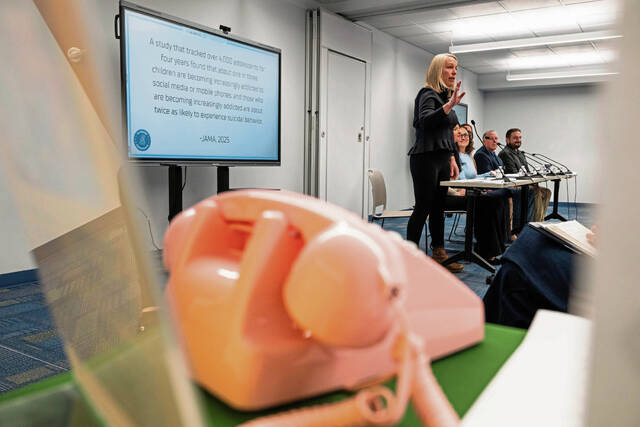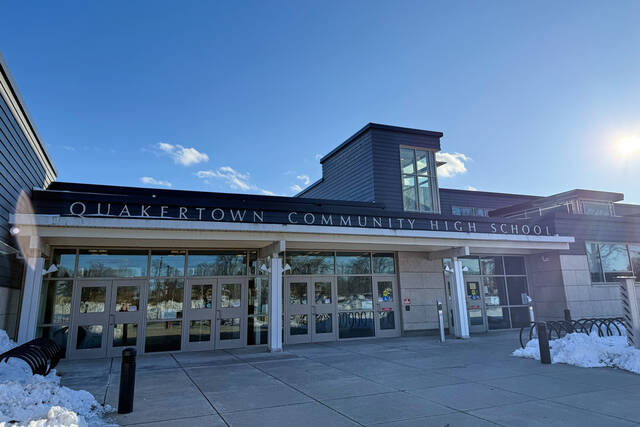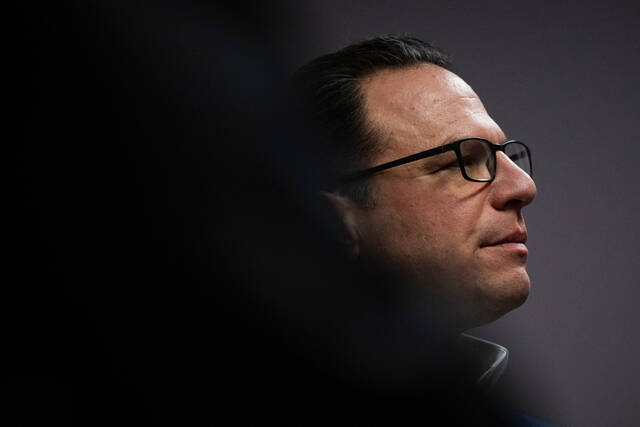Gov. Josh Shapiro’s administration has approved a request from the Southeastern Pennsylvania Transportation Authority to use up to $394 million earmarked for capital improvements to help the deficit-plagued transit agency cover operating costs.
Shapiro’s office said in a news release Monday that the move would prevent service cuts at the state’s largest transit agency for the next two years. His top transportation official said it wasn’t a long-term fix.
“The one-time use of SEPTA’s capital assistance allocation is not a long-term or sustainable solution to SEPTA’s budget crisis. A funding solution with predictable and recurring revenue is critical for transit agencies to continue the essential service they provide to their riders,” PennDOT Secretary Mike Carroll said in a letter to SEPTA.
SEPTA had been facing a budget deficit of more than $200 million going into this fiscal year. It announced plans to eliminate nearly half of its bus and train service and raise fares by more than 20% to address the deficit. The first service cuts took effect about two weeks ago, just as the school year began in Philadelphia, where more than 50,000 students use transit.
A judge ordered the transit agency to undo the initial round of service cuts after they were challenged in court as discriminatory toward poor and minority communities, The Associated Press reported.
The $394 million now available to SEPTA was intended for capital improvements such as replacing buses and trains, upgrading rail lines and signals, and improving facilities. Shapiro’s office said none of that money had been designated yet for any specific projects, so SEPTA won’t have to cancel or scale back projects as a result of reallocating the money to help cover operating costs.
Shapiro’s office said in a news release that the money will ensure that SEPTA can preserve service for nearly 800,000 daily transit users, including hundreds of thousands of workers across Southeastern Pennsylvania.
The governor’s office added that maintaining transit service will be critical as the region prepares to host major events next year, including ones related to the nation’s 250th anniversary, the FIFA World Cup and Major League Baseball’s All-Star Game.
State lawmakers had been unable to reach a deal to come up with additional funding for the state’s transit agencies as part of their larger budget talks. The state’s budget impasse now stands at 70 days.
A plan that passed the GOP-controlled state Senate would have provided an additional $292 million for transit agencies and another $292 million for road and bridge projects this fiscal year and increased those amounts to $300 million next fiscal year.
That plan would have used about $750 million in the Pennsylvania Public Transit Trust Fund earmarked for capital improvements. Democrats and SEPTA and PennDOT officials had opposed using that money, arguing some was already dedicated to specific projects and some would go toward projects that had nothing to do with transit.
Two committees in the Democrat-led state House shot down the Senate proposal.
A House proposal would have increased the share of sales tax revenue going to transit agencies, providing a projected $292 million in new annual funding for transit agencies in perpetuity. That bill also would have provided additional funding for highway projects and improvements to smaller, rural roads.
The Senate never brought up that proposal for a vote.
State lawmakers do not need to take any action regarding Shapiro’s decision to allow SEPTA to use capital money for operating expenses.
“This is not ideal, but is necessary, and we applaud the Shapiro administration for taking this bold action,” Senate Minority Leader Jay Costa, D-Forest Hills, said in a statement.
“We will be back at this again in the near future. This action is a temporary solution. We hope that we will not be back again next year fending off avoidable service reductions and more pain for the citizens,” Costa added. “We remain dedicated to finding a permanent and sustainable source of state operating support for SEPTA, PRT and all transit agencies.”
Senate Majority Leader Joe Pittman, R-Indiana, said in a statement that “it is encouraging to see the hardships caused by the Democrats’ manufactured crisis coming to an end,” but noted that the funding issue could have been resolved several weeks earlier if House Democrats had advanced the Senate proposal to use capital money for operations — as Shapiro, PennDOT and SEPTA are doing now.
“There would have been no negative impacts to school children, seniors, and everyone who relies on transit services as part of their daily commutes,” Pittman said.
Senate President Pro Tempore Kim Ward, R-Hempfield, added: “The Public Transit Trust fund is one the many tools available under Gov. Shaprio’s authority to use without the need for legislative approval. It is a dedicated funding stream for mass transit operations and capital projects that is replenished annually with $400 million. Instead of blaming Senate Republicans, Gov. Shapiro should be thanking us for providing a solution that was not only right in front of him from the beginning but also doesn’t raise taxes on Pennsylvanians.”


